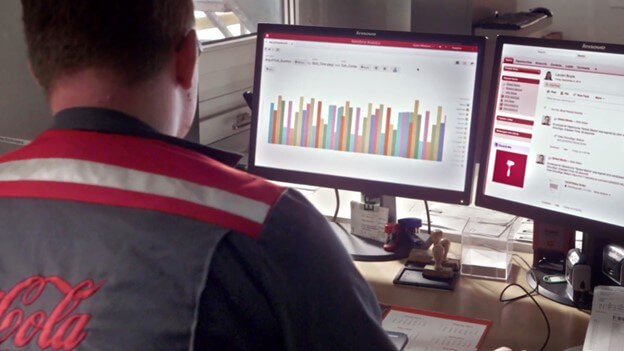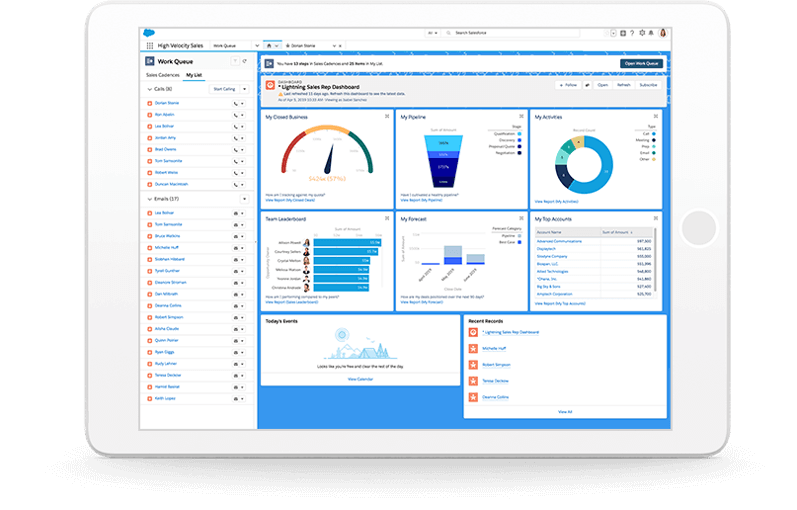
Throughout the history of business, the relationship between a company and its customers is to no surprise, critical. From the company perspective, one of the golden rules of relationship strength is to “Know your customers.” Today, sales personnel are often awash in information about their customers, but unless it is organized, easy to find, analyze and share, its value is diminished. Fortunately, there’s technology available to companies of all sizes that organizes and shares critical customer information— CRM.
What is a CRM?
CRM is a system for managing all your company’s relationships and interactions with potential and prospective customers. The goal is simple: Improve business relationships! A CRM system helps companies stay connected to customers, develop a reputation as customer-focused and streamline processes. It makes companies smarter and can deliver a remarkable return on investment, especially when sales professionals harness its full capabilities. Having the tool and knowing what to do with it, however, are two different things.
Using a CRM to centralize accurate information
Gathering information stored in various places offline is a callosal waste of time. Successful CRMs save time by centralizing data online and saving it in the cloud, where it cannot be lost. Every system user has access to the data whenever and wherever they need it.

What’s more, CRM helps you update information in real time, improving data accuracy. This can be vital when a different member of your sales team needs to share communications with a customer or prospect. The new rep can quickly review previous communications to familiarize themselves with the issues. Having an ill-informed sales rep with incorrect data can tarnish the customer experience. With a good CRM, there’s no excuse for fumbling a sales opportunity because of being ill-informed.

